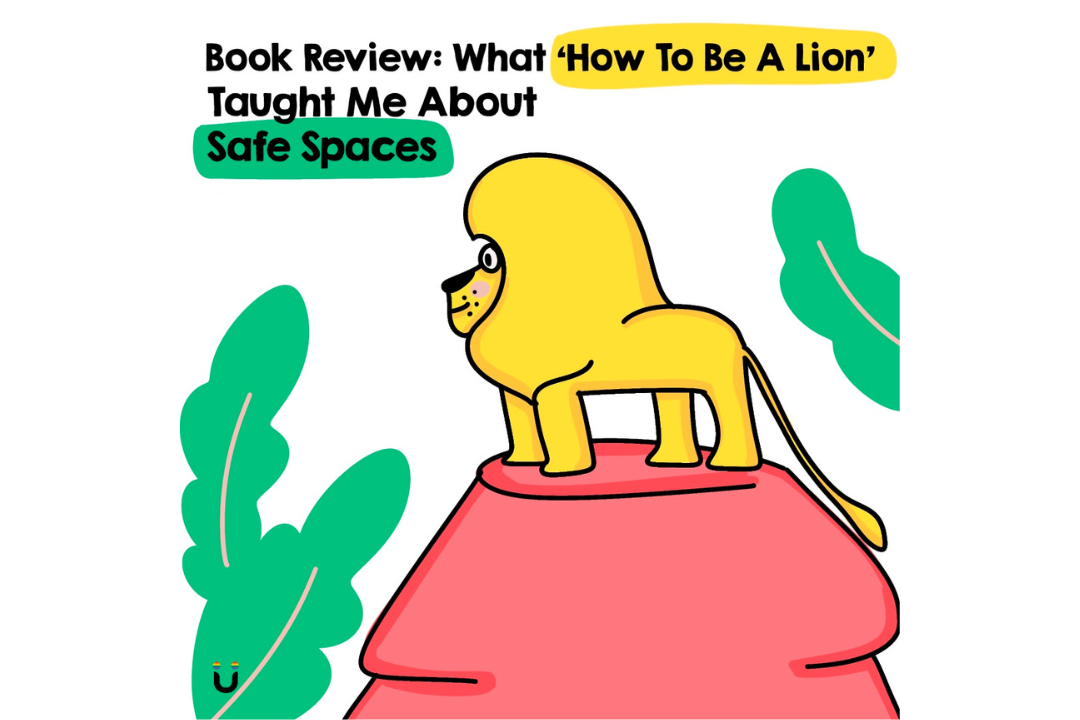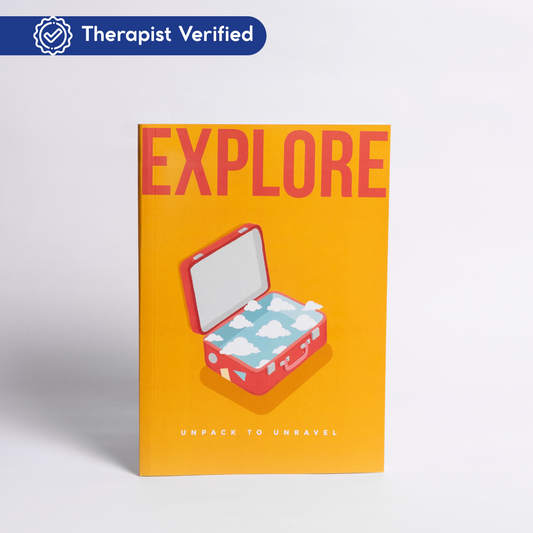Let me take this moment to remind you that I am a new mom with an absolute love for kids' books. During my monthly book haul, I came across a beautiful book called "How to Be A Lion" by Ed Verve.
Before delving into the psychological safety this book provides, let me provide a quick synopsis. The story revolves around Leonard the lion, who is gentle, enjoys long walks, daydreaming, playing with words, and deep thinking. These characteristics differ greatly from the common perception of lions, which portrays them as fierce animals who do not write poems and take pleasure in devouring others.
But Leonard was different.
He formed a friendship with Marianne, a duck, with whom he shared walks, wordplay, and the creation of poems. However, their friendship faced a challenge when a pride of lions learned about it and confronted Leonard. They insisted that he needed to change his ways because lions were expected to be fierce.
This left Leonard doubting himself. Both Leonard and Marianne took some time to reflect on their feelings. It was during this introspection that Leonard understood, and later said, "I'll say this quietly. I needn't roar to be heard. Let nobody say just one way is true. There are so many ways that you can be you."
While self-acceptance is often discussed as the foundation of a healthy sense of self, I believe this book delves deeper into the complex emotions associated with experiencing a sense of belonging.
Many of us belong to families or groups with whom we struggle to connect, resonate, or share similar beliefs. We often feel compelled to conform to their moral compass, follow their rules, and accept what is given to us, all in the pursuit of feeling like we belong. However, these environments rarely afford us the opportunity to embrace our authentic selves. People frequently hide their true preferences for clothing, sexuality, music, or even food. This may seem trivial, but constantly feeling that our likes or who we are won’t be accepted can have a profoundly harmful emotional impact. It often leaves us feeling torn, distraught, and as if something is inherently wrong with us.
The more we are exposed to such environments, the more alienated and isolated we feel. We become self-conscious about our thoughts, emotions, and actions, causing a pervasive sense of insecurity and self-doubt.
When individuals experience this range of emotions and struggle to connect with others, they often feel lonely, sad, and worthless. Trusting oneself becomes increasingly difficult, as they perceive the world to be constantly judging them in a negative light.
The truth is, "there is not just one way to be true." So, how can we work towards creating safe spaces at home, work, or even in social situations?
Creating safe spaces are rooted in acceptance involves fostering an environment where individuals feel comfortable, supported, and free to express themselves without fear of judgement or negative consequences. Here are some steps you can take to create such a space:
- Lead by example: Model the behaviour you expect from others. Demonstrate empathy, open-mindedness, and a non-judgmental attitude in your own interactions. Encourage others to do the same.
- Listen: Actively listen to others with your full attention. Make an effort to understand their perspective and hear them out completely before giving your opinion. Remember that every feeling matters, and avoid trivialising them.
- Address conflict constructively: Conflict can arise within any group, even in safe spaces. Encourage individuals to express their concerns or disagreements respectfully and facilitate discussions to help resolve conflicts in a constructive manner.
- Respect individual boundaries: Acknowledge and respect the boundaries and personal space of each member. Allow them to have their own opinions, beliefs, and preferences without pressuring them to conform.
Remember that creating a safe space is an ongoing process, and it requires consistent effort and commitment from all members. By implementing these strategies, you can help foster an environment where individuals feel heard, valued, and supported. As Leonard the lion says, “If there must be a must, then this we try…Why don't you be you… and I, will be I.”






